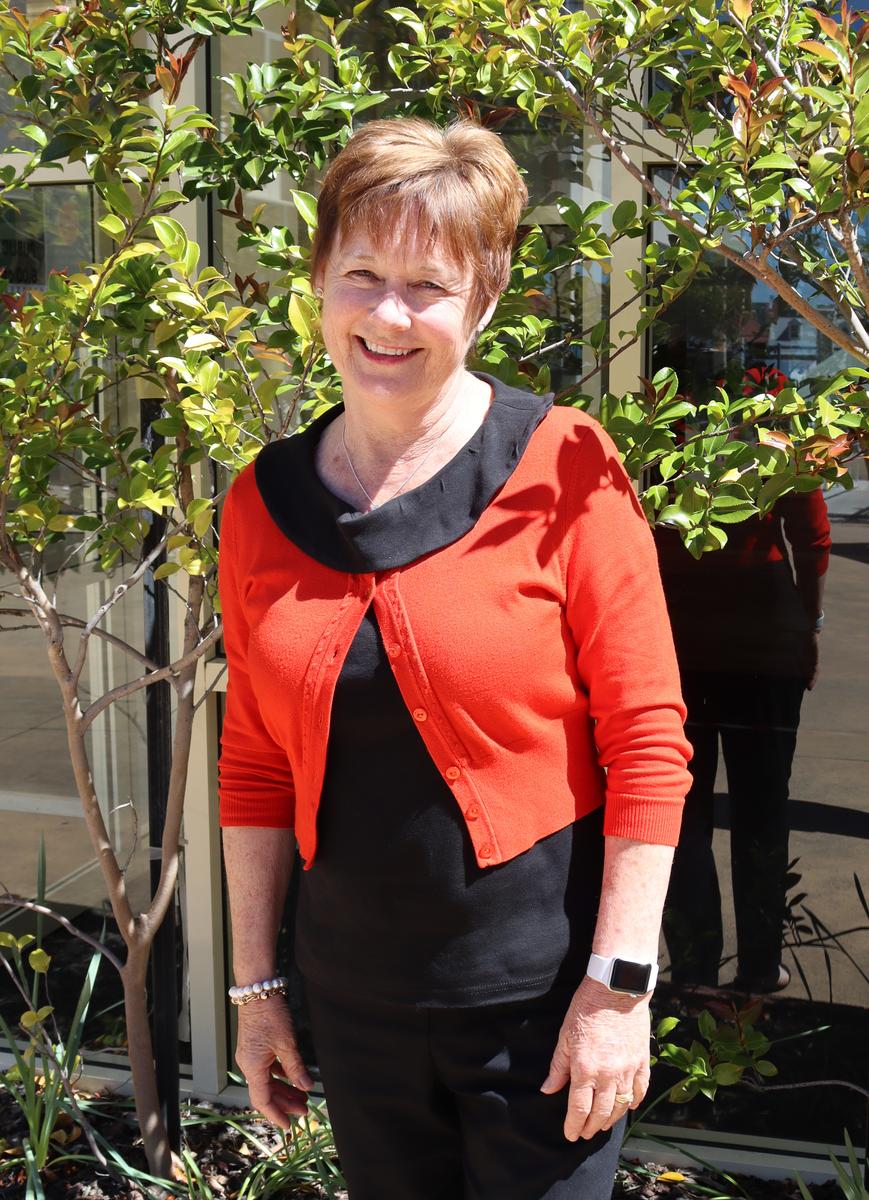From the Counsellors

Farewell from Gai
It is with sadness, some trepidation for what the future may hold and huge gratitude for the privilege of working closely with your wonderful children over the past 10 years as school counsellor that I inform you I am taking long service leave from the end of this week up until the end of Term 2, when I will retire. Helen Spencer looks forward to announcing my successor very soon.
I thank you for your readership and interest in the Counsellors’ articles each fortnight and remind you of the link to Parent Matters on our website where you will find an article on just about any topic related to parenting that we have written over the past seven years.
In this week’s article, I would like to focus on a couple of parenting strategies that help us all to raise peaceful, caring, compassionate, understanding and empathic children—our most important role ever!
Rachel and I are great proponents of the technique of emotion coaching first written about by Dr John Gottman from The Gottman Institute. The main principles are:
- Be aware of your child's emotion.
- Recognise your child's expression of emotion as a perfect moment for intimacy and teaching.
- Listen with empathy and validate your child's feeling.
- Help your child learn to label their emotions with words.
- Set limits when you are helping your child to solve problems or deal with upsetting situations appropriately.
When emotion coaching use statements such as:
- 'You felt let down when your friend did not meet you where they said they would meet you at lunch time'.
- 'I can see you were very excited to be going to the movies with Lucy and now disappointed that she is not well enough to go today'.
- 'You feel offended that your sister called you a name'.
- 'I sensed you felt uncomfortable when your friend told me what you did'.
Below are some links that you might find useful:
- Emotion coaching
- An introduction to emotion coaching
- Emotion coaching: Helping kids cope with negative feelings
- Your six-step process for emotion coaching when your child is upset
- 10 emotion coaching phrases to use when your child is upset
A really useful technique when helping your child to manage conflict is the practice of using I statements to express one’s point of view and not be critical or blaming of the other person.
More information can be found via the links below:
One final message is to try as much as is possible to be the adult you want your child to become. Modelling behaviours to your child speaks much louder than words. Children learn from what they see and hear and imitate the significant adults in their lives.
Thank you again for entrusting me to work with your children over the past seven years in the school counselling role and before that three years in the learning support role at SMC.
Please don’t hesitate to contact your school counsellors who are there to support your child and you in parenting matters, ymm@smc.tas.edu.au
Gai Bath (Kinder–Year 6) and
Rachel Sylvester (Year 7–12)
SMC Counsellors

